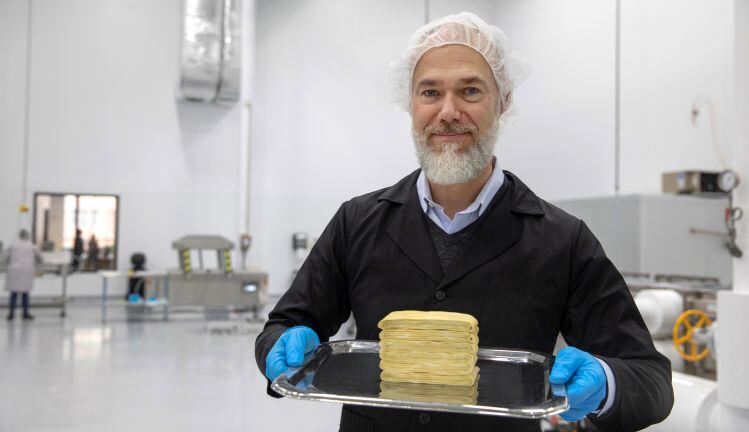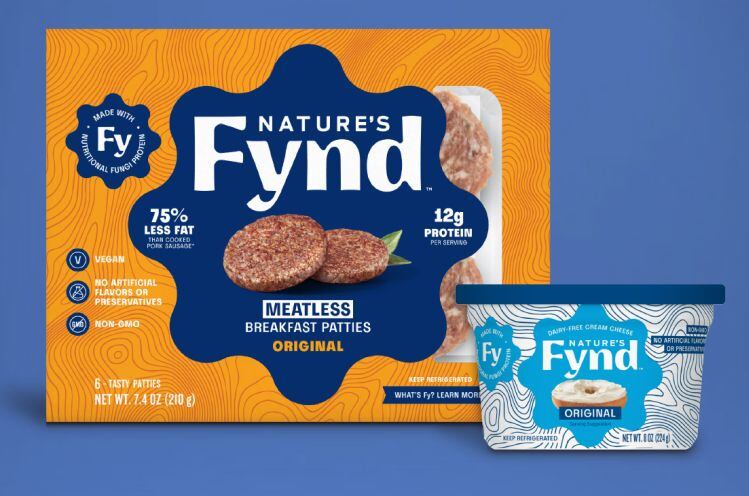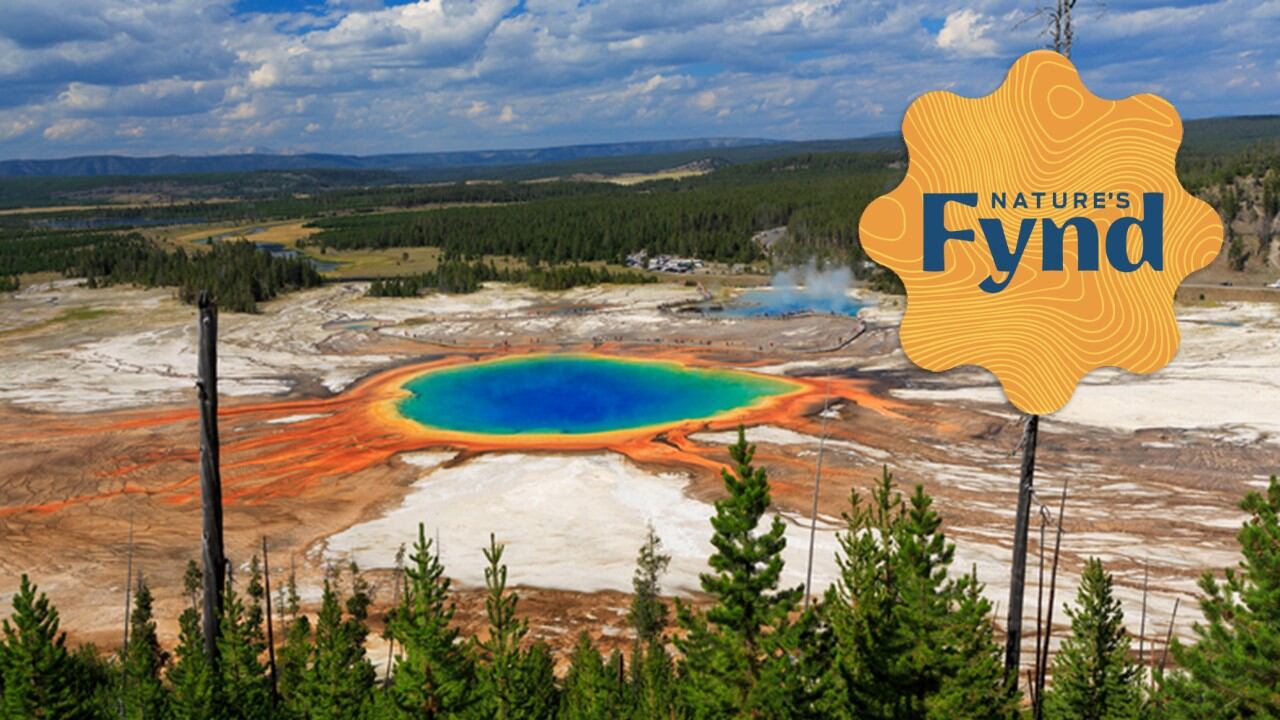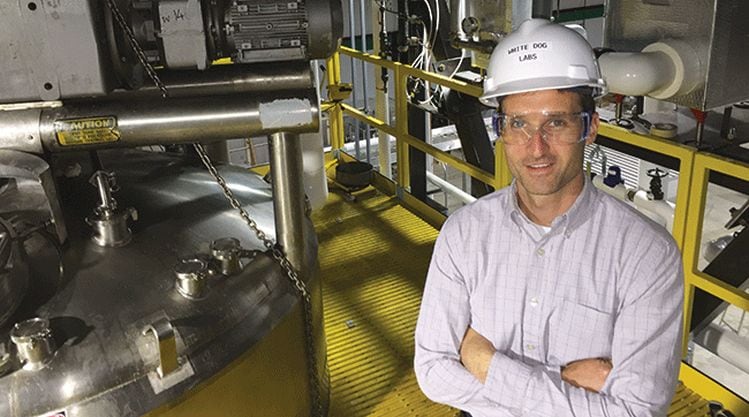Available for pre-order on the Nature’s Fynd website as a ‘Breakfast Bundle,’ the products feature a third wave of ingredients in the ‘alternative protein’ space as they are not plant-based or cell-cultured, but made via microbial fermentation.
Nature's Fynd tested multiple descriptors from 'mycoprotein' to 'mycelium' for its core ingredient, but found that 'nutritional fungi protein' scored the mostly highly with consumers.
Non GMO whole food ingredient with 50% protein
Unlike some other startups using microbes to produce protein, Nature’s Fynd is not using genetic engineering (eg. synthetic biology to ‘program’ microbes to produce target molecules).
Instead, it is working with ‘extremophiles’ - fungal strains that can survive in extreme environments such as the volcanic springs at Yellowstone National Park - that naturally produce high levels of complete protein when grown in a controlled environment.
Rather than extracting the protein to make a concentrate or isolate, Nature’s Fynd is producing a whole food ingredient (‘Fy’) containing 50%+ protein, plus fibers, oils, and micronutrients.
And this aspect is quite appealing to retailers who have "seen the pushback" from some consumers about the 'ultra-processed' nature of some plant-based products, CEO Thomas Jonas told FoodNavigator-USA late last year.
Labeling and regulation
A GRAS determination for Fy has been put together, and has been sent to the FDA, said Jonas, who said FY appears on the ingredients list as ‘Fy Protein (nutritional fungi protein).’
"We'll be very transparent about what it is, it's not a plant and it's not an animal, it's even better, it kind of has the best of both."
The breakfast patties - the first of several meat-alternative products under development, combine Fy Protein with plant-based proteins soy protein concentrate, soy protein isolate, and rice protein isolate.
Nature's Fynd (previously known as Sustainable Bioproducts) has raised $158m to date from a range of high-profile backers including Breakthrough Energy Ventures (a $1bn fund backed by high-profile names from Bill Gates (who mentioned the company on 60-Minutes over the weekend), Mike Bloomberg, Richard Branson and Jeff Bezos to Mark Zuckerberg); and sustainable investment firm Generation Investment Management LLP (chairman: Al Gore).
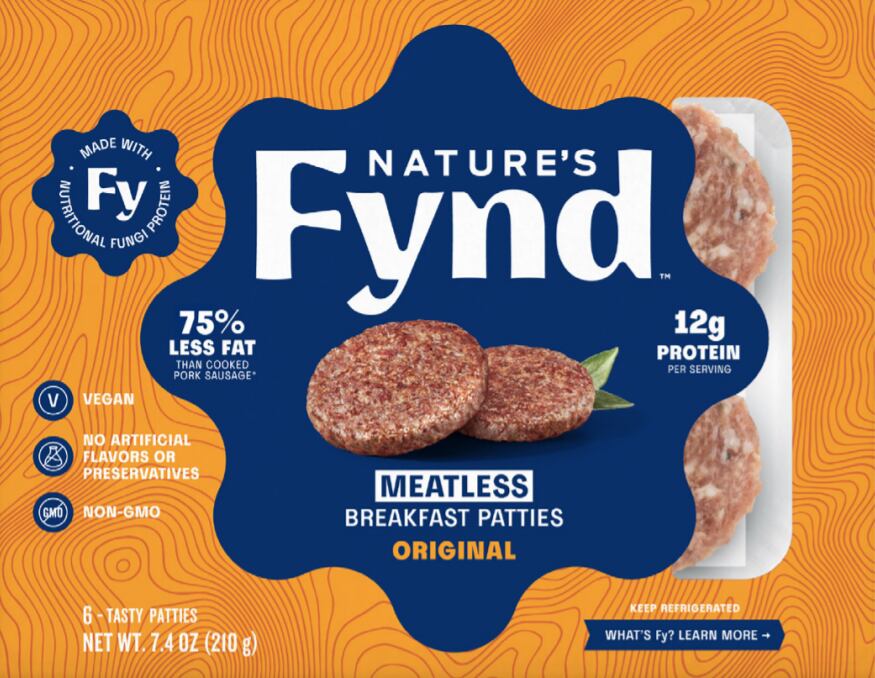
Ingredients: Fy Protein (nutritional fungi protein), water, soy protein concentrate, high oleic sunflower oil, soy protein isolate, fava bean protein, modified food starch, contains less than 2% of ground flax, vinegar, natural flavor, brown sugar, maple syrup, yeast extract, salt, spices, carrageenan, teff, fruit juice powder, onion, methylcellulose, hydrolyzed rice protein isolate, lactic acid.
Each serving contains 12g protein and 4g fiber
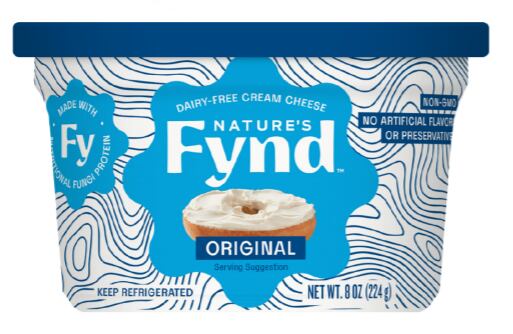
Ingredients: Water, Fy Protein (nutritional fungi protein), coconut oil, sugar, contains less than 2% of salt, lactic acid, guar gum, cultures
Microbes are more efficient than animals and many plants at producing protein
Right now, producing protein – whether from peas and soybeans or cows and chickens – is resource-intensive and time-consuming, requiring large amounts of land, energy and water, observed Jonas in a recent interview. It takes years to grow animals, and months or years to grow plants, he said.
“Microbes can double [their biomass] in a matter of hours and the ‘growing season’ is 24 hours a day, seven days a week, 365 days a year.”
What makes ‘extremophiles’ alluring as a potential food source is that they have evolved to do more with less – that is, they can produce high quality protein with minimal inputs very efficiently in a highly acidic environment, which “drastically reduces” the risk of contamination and enhances food safety, claimed Jonas.
“There is this growing realization that microbes are pretty damn efficient. They make great protein and they do it really fast, you don’t have to plant a seed and harvest it six months later, and you can completely control the environment.”
'A readily digestible source of protein with high levels of fiber and low levels of fats'
In the GRAS notice, which you can read here, the company explains that its 'fermented microbial protein' has a PDCAAS score of 0.92 (notably higher than plant proteins such as pea) and is "a new food product grown through surface fermentation" of Fusarium strain flavolapis.
"Under appropriate cultivation conditions, FMP grows into a filamentous mat of mycelial biomass, termed biomat, with a texture profile similar to that of muscle fibers. The biomat is 20-30% solids and can be dried and ground to a flour of around 95% solids."
It adds: "Based on its nutritional and textural profile, it can be used in a wide variety of finished foods, to replace, as the primary protein source, or supplement traditional sources of protein and nutrients in the human diet."
